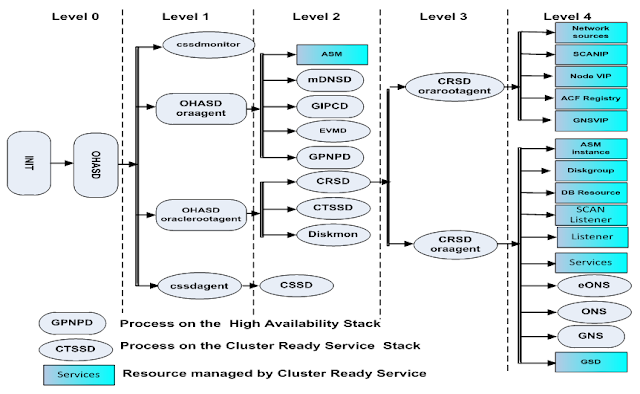
This state allows for certain DBA activities, but does not allow general access to the database.

MOUNT-Start the instance and mount the database, but leave it closed. This does not allow access to the database and usually would be done only for database creation or the re-creation of control files. NOMOUNT-Start the instance without mounting a database. In either case, you can start an instance in various modes: If your database is being managed by Oracle Restart, Oracle recommends that you use the srvctl start database command. When Oracle Restart is not in use, you use the SQL*Plus STARTUP command to start up an Oracle Database instance. Now you are connected to the database and ready to start up an instance of your database. Start SQL*Plus without connecting to the database: For details, see "Submitting Commands and SQL to the Database". See "Using Operating System Authentication" for more information.Įnsure that environment variables are set so that you connect to the desired Oracle instance. If you intend to use operating system authentication, log in to the database host computer as a member of the OSDBA group. Also, it is preferable to start the Oracle Net listener before starting the database. You must perform some preliminary steps before attempting to start an instance of your database using SQL*Plus.Įnsure that any Oracle components on which the database depends are started.įor example, if the database stores data in Oracle Automatic Storage Management (Oracle ASM) disk groups, ensure that the Oracle ASM instance is running and the required disk groups are mounted. If your database is being managed by Oracle Restart, follow the instructions in "Starting and Stopping Components Managed by Oracle Restart". The following instructions are for installations where Oracle Restart is not in use. See "srvctl add service" and "srvctl modify service" for the syntax for setting the management policy of and Data Guard roles for a service.
Oracle start up manual#
A service automatically starts upon manual database startup only if the management policy of the service is AUTOMATIC and if one of its assigned roles matches the current role of the database. In an Oracle Data Guard (Data Guard) environment in which databases are managed by Oracle Restart, you can additionally control automatic startup of services by assigning Data Guard roles to the services in their Oracle Restart configurations. A MANUAL setting does not prevent Oracle Restart from monitoring the service when it is running and restarting it if a failure occurs. If you set the management policy to MANUAL, the service does not automatically start, and you must manually start it with SRVCTL. If you set the management policy for a service to AUTOMATIC (the default), the service starts automatically when you start the database with SRVCTL. When your database is managed by Oracle Restart, you can configure startup options for each individual database service (service). If you use the Database Configuration Assistant (DBCA) to configure a database to use Oracle ASM, DBCA creates an SPFILE for the database instance in an Oracle ASM disk group, and then causes a text initialization parameter file (PFILE) to be created in the default location in the local file system to point to the SPFILE, as explained in the next section.Ībout Automatic Startup of Database Services Initialization Files and Oracle Automatic Storage Management A database that uses Oracle Automatic Storage Management (Oracle ASM) usually has a nondefault SPFILE. These are described later in this section. However, should such a need arise, both SRVCTL (with Oracle Restart) and SQL*Plus provide ways to do so. It is not usually necessary to start an instance with a nondefault SPFILE. Nondefault Server Parameter Files A nondefault server parameter file ( SPFILE) is an SPFILE that is in a location other than the default location. If you (or the Database Configuration Assistant) created a server parameter file, but you want to override it with a text initialization parameter file, you can do so with SQL*Plus, specifying the PFILE clause of the STARTUP command to identify the initialization parameter file: There is no instance-specific location for storing a server parameter file.įor more information about the server parameter file for an Oracle Real Application Clusters environment, see Oracle Real Application Clusters Administration and Deployment Guide. The spfile.ora file is included in this search path because in an Oracle Real Application Clusters environment one server parameter file is used to store the initialization parameter settings for all instances.


 0 kommentar(er)
0 kommentar(er)
